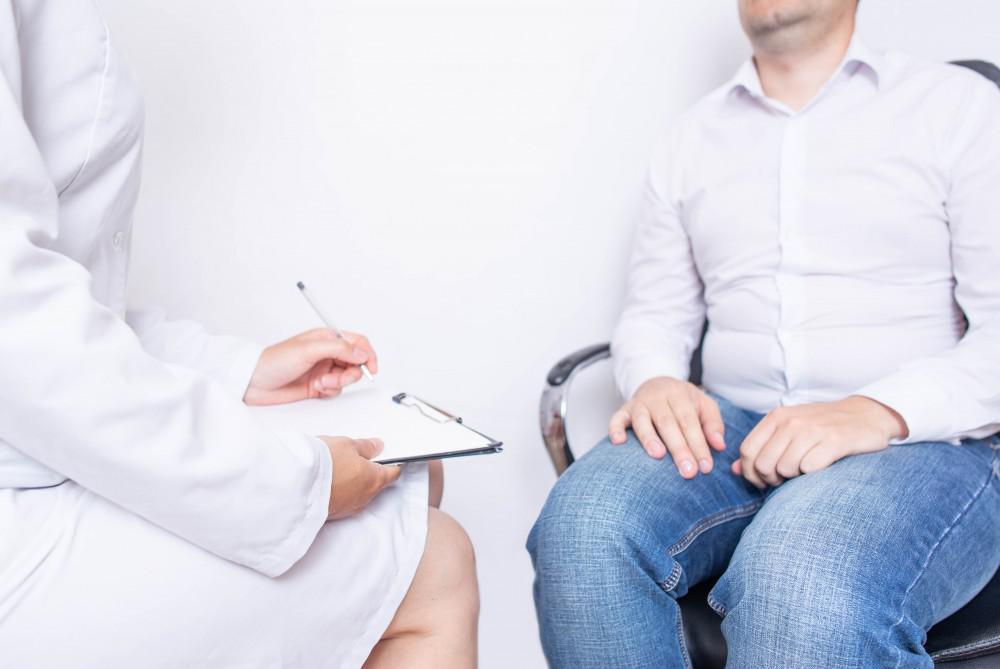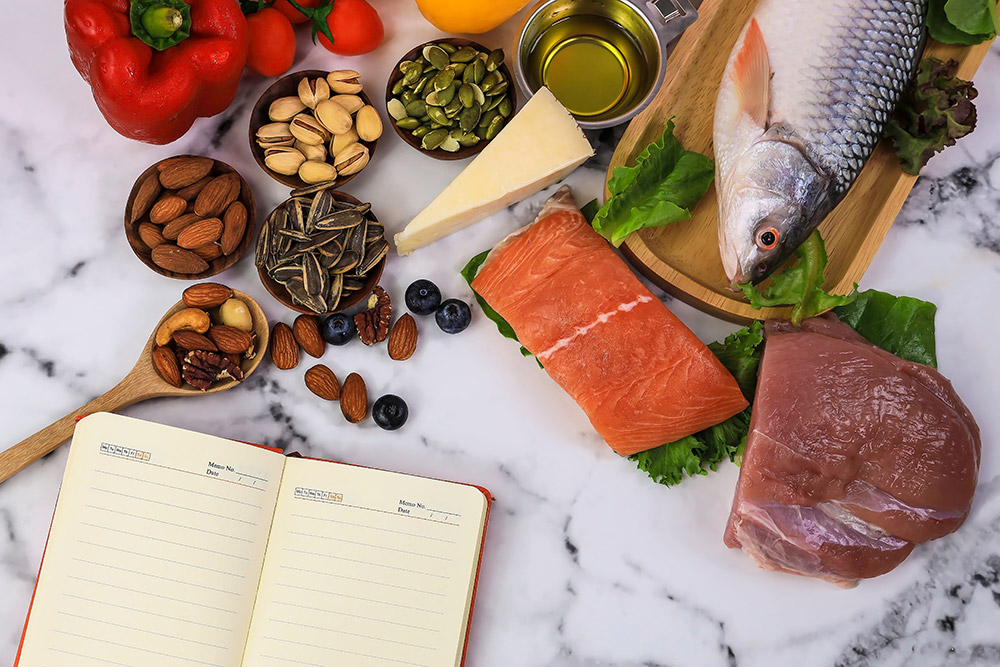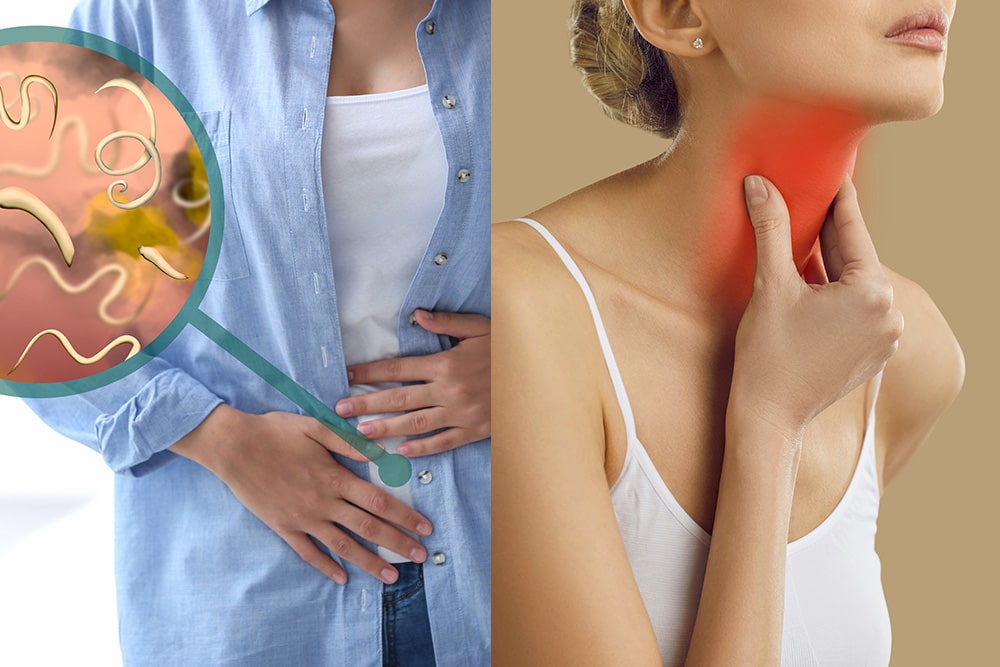What Is Proctitis?
Proctitis is swelling of the rectum's inner lining. It may cause pain, bleeding, or a strong urge to pass stool. If not treated, it can affect daily life and comfort.
Common Causes and Risk Factors
- Infections - Bacteria (like Shigella), viruses, or STDs
- Inflammatory Bowel Disease (IBD) - Ulcerative colitis or Crohn's
- Radiation therapy - For cancers near the rectum
- Low blood flow (ischemic proctitis)
- Autoimmune conditions
Signs and Symptoms
- Pain or pressure in the rectum
- Sudden or frequent urges to pass stool
- Blood or mucus in the stool
- Feeling like you didn-t finish a bowel movement
- Diarrhea or constipation
How Dr. Rishi Chadha Diagnoses Proctitis
Dr. Chadha uses a clear, step-by-step approach:
Medical History
He asks about your symptoms, bowel habits, lifestyle triggers and any past treatments.
Physical Exam
A gentle rectal exam checks for tenderness, swelling or other signs of inflammation.
Endoscopic Evaluation
- Anoscopy - A small scope to closely inspect the rectum's inner lining.
- Flexible sigmoidoscopy - A longer scope if broader visualization is needed.
Stool Tests
Laboratory analysis of your stool to detect bacterial, viral or parasitic infections.
Imaging (if needed)
Ultrasound or CT scans to rule out deeper complications beyond the rectum.
Frequently Asked Questions
What is the ICD-10 code for proctitis?
K62.3 is the medical code used for proctitis.
What's the difference: ulcerative proctitis vs ulcerative colitis?
Ulcerative proctitis affects only the rectum, while ulcerative colitis extends into the colon.
How long does it take to get better?
With proper care, most patients see improvement in 4-6 weeks.
Can food changes cure it?
Dietary changes help manage symptoms, but most cases also require medication.
What foods should I avoid?
Avoid spicy foods, alcohol, caffeine, raw vegetables, nuts, and seeds.
Could I have an infection?
Fever, painful bowel movements, and blood in the stool may indicate an infection.
Any home remedies?
Warm sitz baths and a low-fiber diet can relieve mild symptoms.
When should I see a doctor?
See a doctor if you notice rectal bleeding, persistent pain, or significant changes in bowel habits.
Can proctitis lead to cancer?
Chronic inflammation may increase cancer risk over time, so regular checkups are important.
How do others say they cured it?
Many patients report success with Dr. Chadha's combined plan of diet, medication, and gentle therapies.











